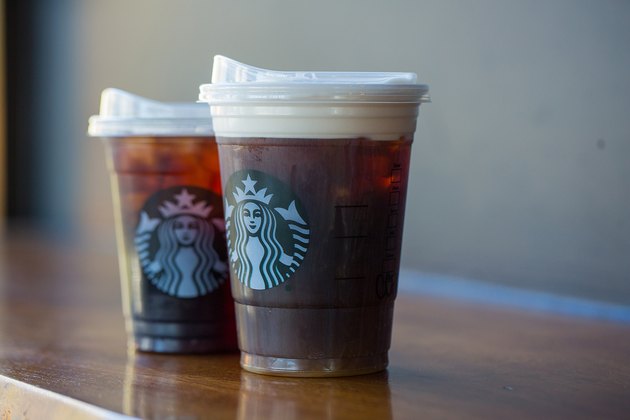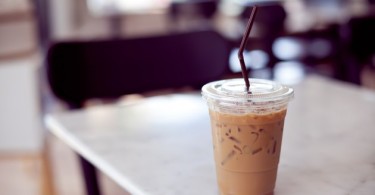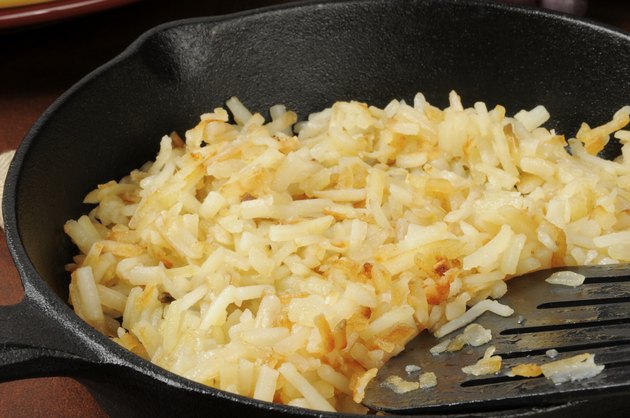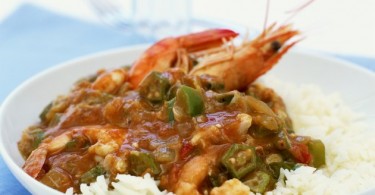Starbucks just joined the growing movement to nix plastic straws, promising to get rid of the now-controversial drinking accessory by 2020. The company estimates that could mean a billion fewer plastic straws ending up in our landfills and waterways.

Advertisements
This week, Starbucks announced it’s already developed and manufactured a strawless lid — which looks like a hot coffee lid or sippy cup — for most of its chilled beverages. The lid is already available in 8,000 stores across the United States and Canada for its Draft Nitro and Cold Foam beverages. For beverages like the Frappuccino, Starbucks will begin offering alternatives to plastic straws, including paper or compostable plastic straws, upon customer request.
“For our partners and customers, this is a significant milestone to achieve our global aspiration of sustainable coffee, served to our customers in more sustainable ways,” said Kevin Johnson, president and CEO of Starbucks, in the statement.
Seattle and Vancouver will be the first cities to transition away from plastic straws this fall, with the rollout across the United States and Canada continuing in 2019. Worldwide rollouts will follow, beginning with France, the Netherlands and the U.K. All of the company’s 28,000 operated and licensed stores around the world will make the switch within the next two years.
By National Park Service estimates, Americans toss an estimated 500 million single-use plastic straws daily. Plastic — including plastic straws — doesn’t degrade over time, which results in a whole lot of waste accumulating in our environment.
Advertisements
Every year, 79 percent of the plastic trash we generate ends up in landfills and out in the environment, according to a 2017 study from the journal Science Advances. And by United Nations estimates, that means more than 6 million tons of plastic trash ends up in the oceans. All the refuse results in the deaths of 1 million birds and 100,000 marine mammals and sea turtles that eat the plastic they find or get trapped in it, says the Whale and Dolphin Conservancy.
“Plastics have been found in every corner of the ocean, affecting more than 800 species of ocean wildlife, from the smallest zooplankton to the largest whales,” Nick Mallos, director of the Ocean Conservancy’s Fighting for Trash Free Seas program, tells LIVESTRONG.COM.
Reactions on Twitter to Starbucks’ plan were mostly positive:
Plastic garbage is one of the greatest threats to healthy coasts and oceans, which is why I sponsored the #SaveOurSeasAct. I'm glad @Starbucks will be joining other business leaders to reduce plastic use and ditch straws by 2020. https://t.co/aKVNVBoxVy
— Sheldon Whitehouse (@SenWhitehouse) July 9, 2018
.@Starbucks sippy cups for all




Comments